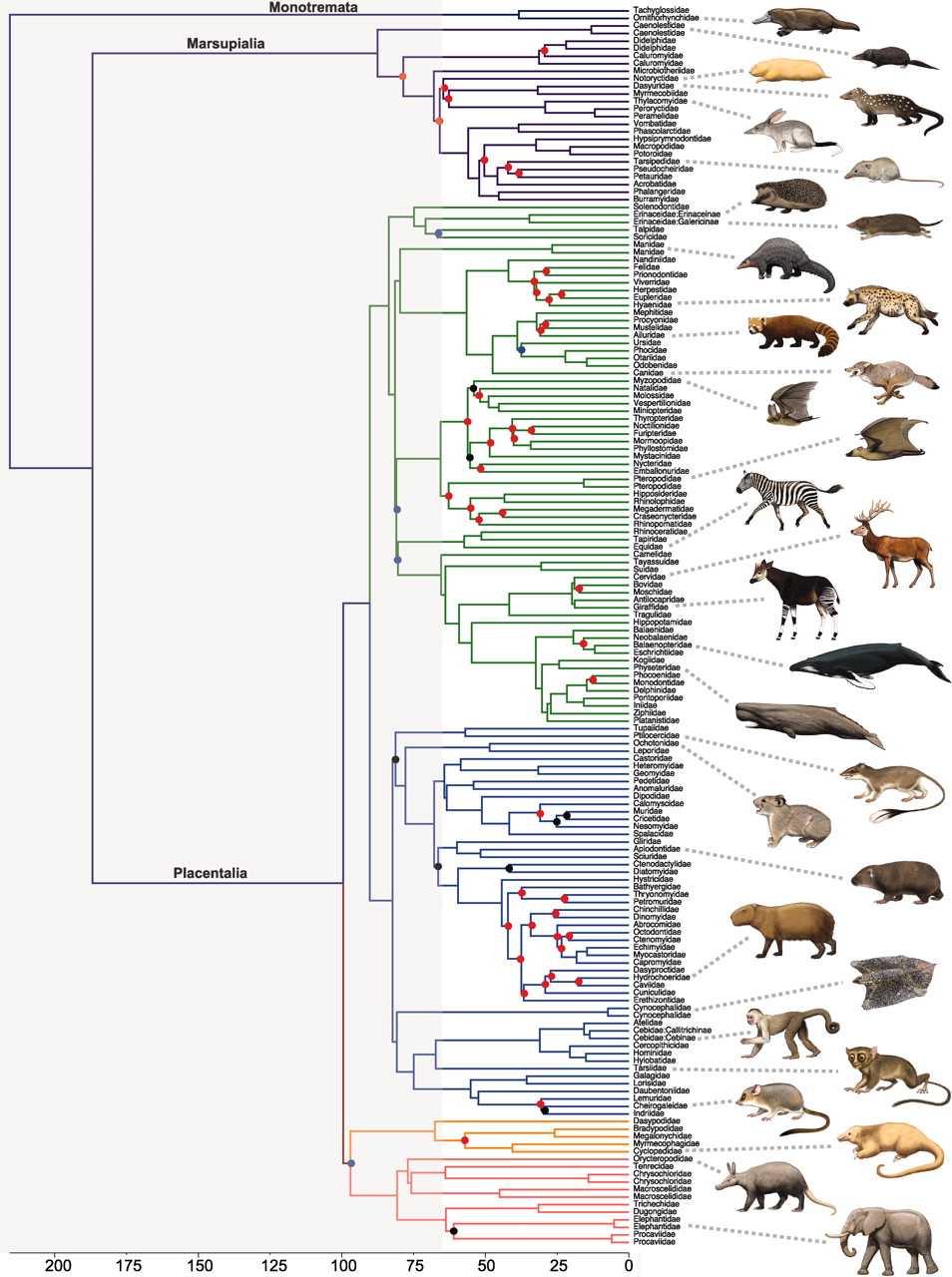"THERE is nothing new to be discovered in physics." So said Lord Kelvin in 1900, shortly before the intellectual firestorm ignited by relativity and quantum mechanics proved him comprehensively wrong.
If anyone now thinks that biology is sorted, they are going to be proved wrong too. The more that genomics, bioinformatics and many other newer disciplines reveal about life, the more obvious it becomes that our present understanding is not up to the job. We now gaze on a biological world of mind-boggling complexity that exposes the shortcomings of familiar, tidy concepts such as species, gene and organism.
A particularly pertinent example is provided in this week's cover story - the uprooting of the tree of life which Darwin used as an organising principle and which has been a central tenet of biology ever since (see "Axing Darwin's tree"). Most biologists now accept that the tree is not a fact of nature - it is something we impose on nature in an attempt to make the task of understanding it more tractable. Other important bits of biology - notably development, ageing and sex - are similarly turning out to be much more involved than we ever imagined. As evolutionary biologist Michael Rose at the University of California, Irvine, told us: "The complexity of biology is comparable to quantum mechanics."
Biology has been here before. Although Darwin himself, with the help of Alfred Russel Wallace, triggered a revolution in the mid-1800s, there was a second revolution in the 1930s and 1940s when Ronald Fisher, J. B. S. Haldane, Sewall Wright and others incorporated Mendelian genetics and placed evolution on a firm mathematical foundation.
As we celebrate the 200th anniversary of Darwin's birth, we await a third revolution that will see biology changed and strengthened. None of this should give succour to creationists, whose blinkered universe is doubtless already buzzing with the news that "New Scientist has announced Darwin was wrong". Expect to find excerpts ripped out of context and presented as evidence that biologists are deserting the theory of evolution en masse. They are not.
Nor will the new work do anything to diminish the standing of Darwin himself. When it came to gravitation and the laws of motion, Isaac Newton didn't see the whole picture either, but he remains one of science's giants. In the same way, Darwin's ideas will prove influential for decades to come.
So here's to the impending revolution in biology. Come Darwin's 300th anniversary there will be even more to celebrate.



